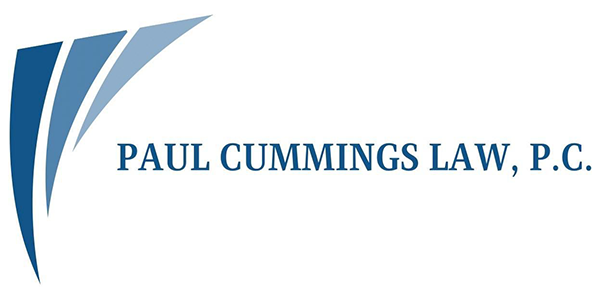Title VII Cases Heading to the Supreme Court – American Bar Association
The Supreme Court is set to decide whether Title VII of the Civil Rights Act of 1963 protects employees from discrimination based on their sexual orientation or trans status. The cases are being closely watched by conservative proponents of textualism, who find themselves uncomfortably confronted with strong arguments from the interpretive school most closely associated with Justice Antonin Scalia 1. The gist of the textualist question has been does the plain text of the statute, which forbids discrimination “because of . . . sex,” also encompass sexual orientation and gender identity? 1. The LGBTQ petitioners argue that it does, and Justice Gorsuch seemed to acknowledge as much at oral argument 1. However, some conservatives speculate that they may have lost the debate 1. James C. Phillips sought to recast the textual evidence with a subtly modified claim relying on corpus linguistics. For a textualist like Justice Gorsuch, who may be attracted to petitioners’ analysis but concerned about the outcome that would result, Phillips’s intervention could provide important new textual evidence. Phillips argues that the better approach would be to assess the distinct meaning of the phrase “discriminate against,” which has its own highly specific connotation entailing prejudice as a motivation, especially when the phrase is paired with a suspect class. Corpus linguistics could be a useful resource to identify idiomatic meaning of this sort. But the surprising consequence is that the more idiomatic the meaning uncovered, the more purposivism the reasoning starts to appear 1.
This article is for information purposes only and is not intended to be legal advice.

